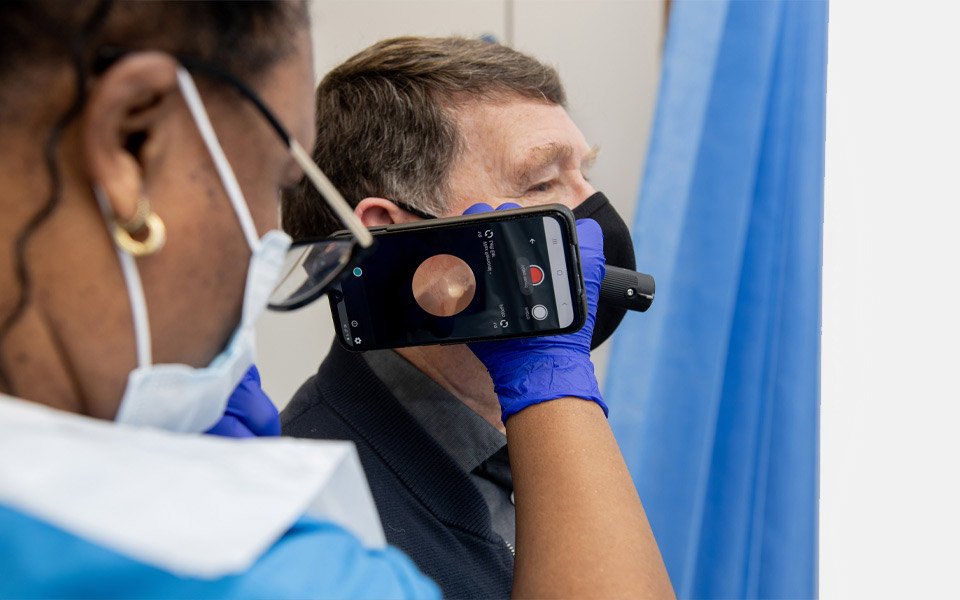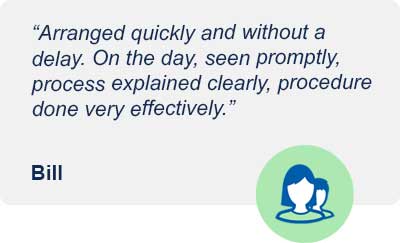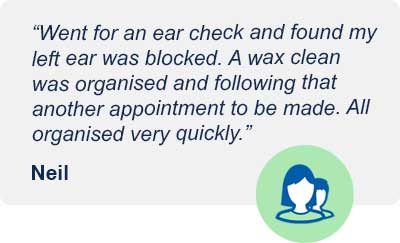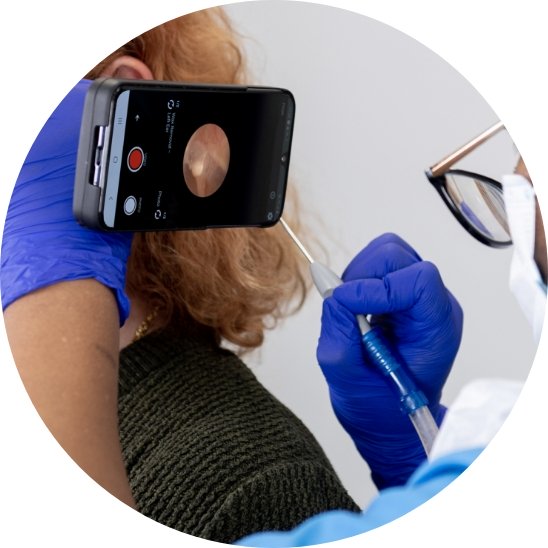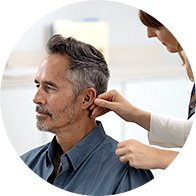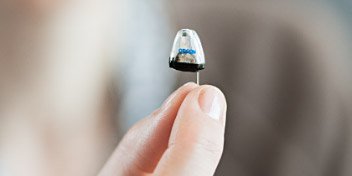Micro-suction ear wax removal
We carry out ear wax removal by micro-suction. This method is quick, safe and effective. Unlike irrigation, the benefits of micro-suction are that there is no mess and there is no need to get any water in your ear.
The micro-suction method involves placing a tiny probe inside your ear, cleaning out any excess ear wax and debris like a tiny vacuum cleaner. And unlike irrigation, micro-suction is suitable even if you have a perforated eardrum.
Also, since the probe that is used in our micro-suction technique is connected to a video otoscope, the practitioner can watch the ear wax removal in real-time but also record the removal process in case any further investigation is needed.
Book appointment Find a clinic near you

